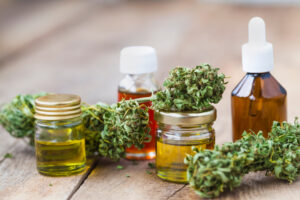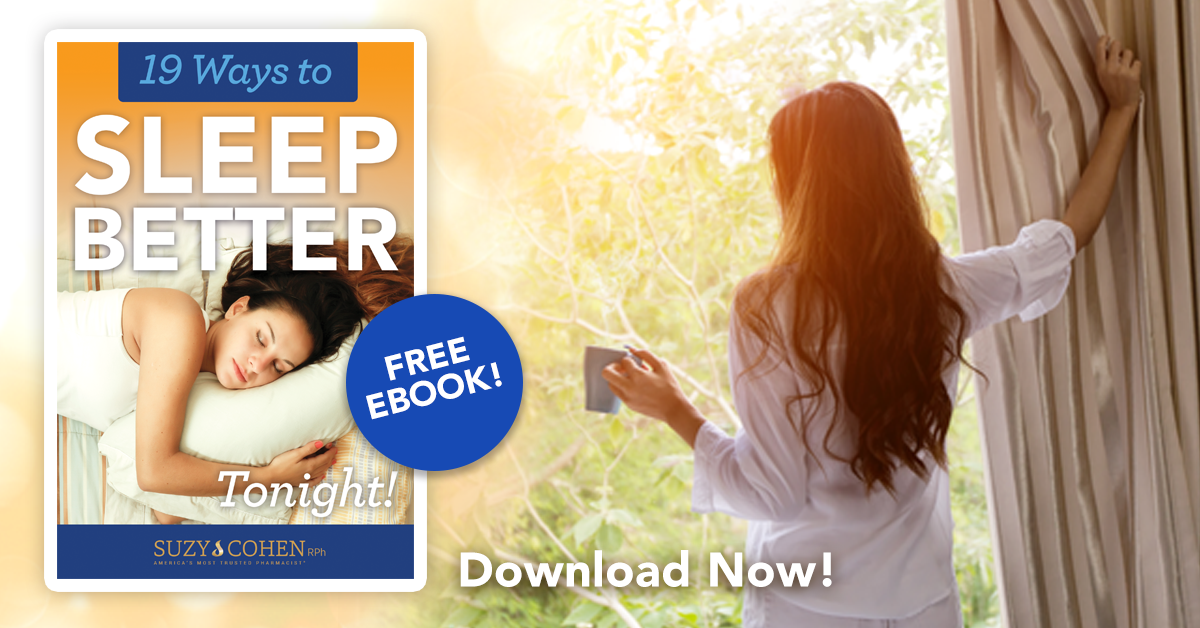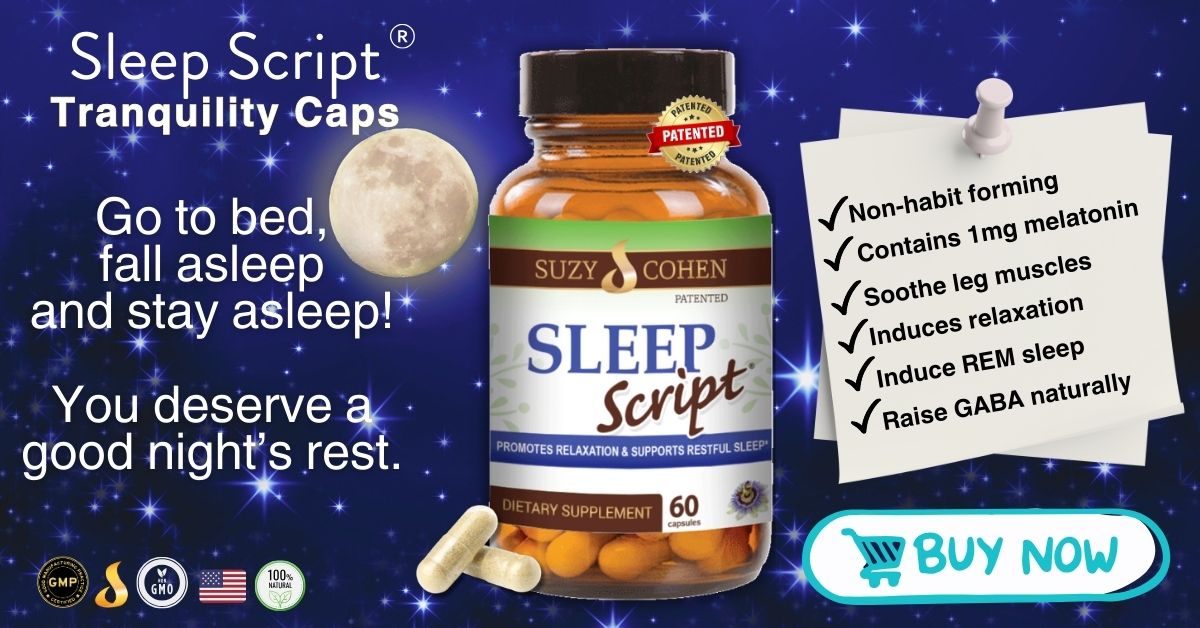What's On This Page?
ToggleDo you ever want to calm down quickly, but don’t know what to do? A lot of people get provoked that way, and feel the need to calm down, whether it’s in the car and you’ve just been cut off, or you’re watching the news, and some stupid, incensing story brings you down? I get it, there are million things that make a person, and a parent want to calm down, and QUICKLY!
It’s natural to get stressed out, or even go into a state of mild shock if you hear bad news. It’s also possible that your hormones and neurotransmitters are out of balance and so you feel anxious all the time. Maybe you get sweaty palms a lot, or slip into panic attacks frequently (and over much of nothing). If you’re prone to anxiety, today’s article is intended to offer you help before you take prescriptions.
Millions of prescriptions are written annually for anxiolytic drugs like alprazolam (Xanax), clonazepam (Klonopin) and lorazepam (Ativan). These drugs are all in the category of benzodiazepines, and they have severe withdrawal symptoms. There are many of you who want to relax and enjoy more peace of mind without these medications.
In fact, some of you suffer on a daily basis because you don’t want to get on a benzodiazepine. Please use my search box to learn more about that class of drugs, because there are a few things you should know about them! Just type in a key word.

Now let’s get to the meet of my article, which is how you can calm down quickly, and I won’t lie, this isn’t going to work as fast as a pill, or a drink, or weed, but those things are not things I advocate!!!
I am a natural, holistic-thinking pharmacist and I want you to be safe and legal, and not involved with things that are addictive! That said, medical cannabis does have some uses, one of which is to help you calm down, reduce pain and reduce proliferation of certain cancers. I’ve written an article about that.
8 Ways to Calm Down
1. Breathe
You might think this is silly to list but it’s number one on my list because when you are anxious, your breathing becomes shallow. Be conscious about breathing and make sure you inhale longer than you exhale during times of stress. The inhalation is a gift to yourself, hold it a second or two, then exhale. Do it five times, preferably with your eyes closed since that instantly puts you into an alpha brain wave state.
2. Lavender
They make pure lavender roll-ons, and if you can’t find that just keep a tiny bottle of the essential oil nearby, or in your purse. Take a whiff and put some on your wrists and temples for immediate action. You can use this to not only ‘calm down’ but also to help you rest more easily. And you can find commercial preparations of lavender tea as well. I can’t say lavender makes you stay asleep longer, because that type of problem is more likely to be associated with melatonin levels.
3. Rescue Remedy
Rescue Remedy is a combination of 5 flower extracts including Star of Bethlehem, which is known to help with trauma and shock. You can carry the tiny bottle in your purse and put drops in your mouth (or in your water bottle) all day long if you want. These “Rescue Remdies” are sold nationwide in health food stores, and online. I can’t say they worked for me, but I love the concept so much! Maybe I was just too far down the rabbit hole when I tried it…
4. California Poppy Extract
It’s a great herbal anxiolytic, and sometimes also used for kids with Attention Deficit or bedwetting problems. You can buy it in dropper form at any health food store and online. One of the active compounds is Eschscholzia californica, and that’s been shown to promote higher catecholamines in the brain, thus elevating your mood over time. Some can make you sleepy.
5. Magnesium
This is a natural mineral abundant in leafy greens and edible seaweeds. Numerous studies show a correlation to low magnesium and depression and/or anxiety. Magnesium helps with the pain associated with leg cramps, a lot people don’t realize that!
It works pretty quickly, especially the magnesium “threonate” form which has been clinically shown to penetrate brain tissue quickly. Please consider my best-selling MagFocus® Magnesium L-threonate because it tastes great, it comes in a powder, and it contains the very special proprietary form of this magnesium known as MagTein®
A double-blind placebo-controlled study tested women with PMS-induced anxiety, mood swings and nervous tension. The researchers combined 200 mg of magnesium with 50mg vitamin B6 and gave it to the women for one month. It helped some of the women, but not all.
6. Passionflower
Known herbally as Passiflora incarnata, this herb is great for calming anxiety, helping you sleep and reducing seizures. It raises levels of GABA (gamma aminobutyric acid) in the brain which relaxes you. This may not be strong enough on its own, that’s why you see it in combination with other herbs such as valerian or lemon balm.
I put a good amount of passionflower in my tranquility formula called Sleep Script.
Sometimes holistic practitioners recommend low doses of Passionflower in the days and hours prior to surgery, as it is very calming and doesn’t appear to affect recovery time from anesthesia.
This is something you need to ask your surgeon (or physician) before doing on your own as it could interact with anesthesia medications by enhancing their sedative effect.
A study with people who had “generalized anxiety disorder” were tested with Passionflower, and it was found to be as effective as the benzodiazepine called oxazepam (Serax).
7. Valerian officinalis
Valerian is basically nature’s Valium, at least for most. Sometimes people get a paradoxical effect, and it causes agitation and insomnia but most people do become relaxed and even sleepy. Depending on the brand you get, valerian has a natural strong (and unpleasant) scent, but don’t let that stop you from using it. VALERIAN has been used for sedation and anxiety for thousands of years.
It’s sold in every possible form: teas, extracts, pills and more. This can help with pain as many of the others on this list.
8. Lemon Balm
It’s known as Melissa officinalis and it comes from the mint family. My hubby takes this at night sometimes to help him sleep. The herb has awesome properties for your gut health too, and so the added benefit is that lemon balm can help with a nervous stomach, digestion, bloating, gas, vomiting, colic and general belly aches.
I love lemon balm so much, that’s why there’s a good amount of it in my supplement called patented tranquility formula called Sleep Script®.
This herb not only helps to calm down the body, it may slowly improve one’s ability to focus and attention span, but over time. Some progressive doctors-in-the-know are recommending lemon balm for Alzheimer’s disease and overactive thyroid problems like Graves’ disease. If you are interested in that topic, read my other article, The Secret Nutrient that Helps Graves’ Disease.
You may also be interested in my article on memory disorders: Alzheimer’s: The Scariest Word You May Ever Hear
Lemon balm is not uncommon, it’s sold at health food stores and online e-tailers, but if for some reason you can’t find it, or you are worried about taking it, then diffuse the essential oil in an aromatizer and see how it goes. I am recommending this now for dementia and other cognitive disorders, and encourage discussion with your own doctor about using lemon balm for this purpose.
If you have the essential oil, you can dilute it with olive oil and dab it on fever blisters for faster healing. I hope these ideas provide you relief when that awful anxiety starts to creep in. If you have other natural ways to calm down, feel free to email me: scriptessentials@gmail.com

Suzy Cohen, has been a licensed pharmacist for over 30 years and believes the best approach to chronic illness is a combination of natural medicine and conventional. She founded her own dietary supplement company specializing in custom-formulas, some of which have patents. With a special focus on functional medicine, thyroid health and drug nutrient depletion, Suzy is the author of several related books including Thyroid Healthy, Drug Muggers, Diabetes Without Drugs, and a nationally syndicated column.



